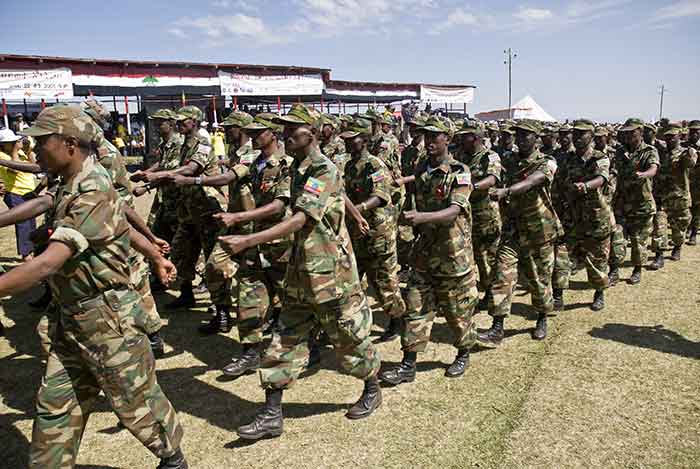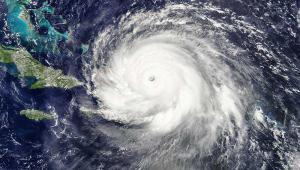The definition of overseas aid, or official development assistance, prescribes what can be counted towards donors’ contributions towards international commitments to provide 0.7% of gross national income on overseas aid, which only some countries fulfil.
Following a high-level meeting of the OECD-DAC yesterday and today, the committee published a clarification of the boundaries of what can be considered as ODA, with some revisions to the criteria, which it hopes will make ODA more effective in conflicts and crises.
A coalition of NGOs spoke out against this earlier in the week, arguing that it would divert already scarce funds away from the world’s poorest people.
But the communiqué published today stated that “development, human rights, and peace and security are indivisible and interrelated”, and agreed to “update and modernise” the ODA reporting directives in regards to peace and security.
Funding towards activities that prevent violent extremism will now be ODA-eligible, as long as the activities “are led by donor countries and their primary purpose is developmental” and they respect the “peaceful exercise of political, social and economic rights”.
The activities that can be reported as ODA include education, deradicalisation and capacity building for security and justice institutions, for example, to ensure compliance with human rights standards or the correct use of evidence for fair trials.
The OECD-DAC said “non-coercive, intentional and targeted use of development assistance” provides a counter-narrative to violent extremism and positive alternatives for those most at risk of radicalisation.
Where no military training whatsoever was included as ODA before, some limited areas of training will now be eligible. The OECD-DAC said this should be done under civilian oversight, with civilian participation and have a clear purpose for the benefit of civilians.
Training should only offered by military providers as a last resort, it said, and will only be ODA-eligible in a limited number of areas including human rights and international humanitarian law, the protection of women, humanitarian response and disaster preparedness, anti-corruption and transparency.
Greater engagement with a developing country’s police force is now also covered, including financing to support non-routine civil policing functions such as training in the safety, security and storage of deadly weapons.
The OECD-DAC members also discussed the response to the refugee crisis. Currently donors can class their support for in-country refugees as ODA for up to one year. This remained unchanged, but the OECD secretariat has now been asked to clarify the rules governing this area.
Adrian Lovett, Europe executive director of advocacy organisation ONE, said donors had failed to ensure that vital resources for refugees arriving in Europe are not taken from existing commitments to the world’s poorest.
“By extending aid rules to include more peace and security costs, the OECD risks further eroding what is available for the poorest countries,” he added.
“Recent OECD data already shows support to the least developed countries as a declining trend. We cannot allow this to continue. We urge European leaders to come together to meet the needs of all vulnerable people and not at the expense of the poorest.”













